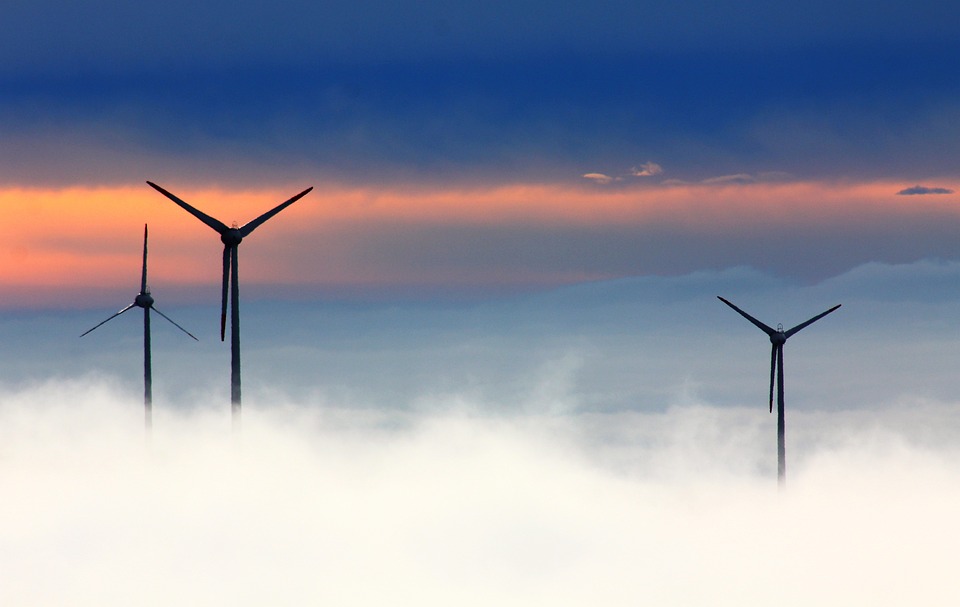Economy and the Transition to Renewable Energy in Denmark
As a macroeconomist with a particular focus on the Nordic countries, I have always been fascinated by the Danish economy and its remarkable transition to renewable energy. Denmark has been a pioneer in the green energy sector, and the country’s commitment to sustainability has led to some truly impressive developments in the renewable energy industry. In this article, I will delve into the intricate relationship between the Danish economy and the transition to renewable energy, and explore the challenges and opportunities that come with this transition.
The Danish Energy Model
Denmark has long been a champion of renewable energy, with a focus on wind power in particular. The country’s commitment to sustainability can be traced back to the 1973 oil crisis, which sparked a realization of the importance of energy independence. This realization prompted Denmark to invest heavily in renewable energy sources, and today, wind power accounts for a significant portion of the country’s electricity generation.
One of the key aspects of the Danish energy model is its reliance on decentralized energy production. This means that a large number of small-scale wind turbines and solar panels are spread out across the country, allowing for a more resilient and flexible energy system. Additionally, Denmark has been a leader in the development of smart grids, which enable more efficient integration of renewable energy sources.
The Impact on the Economy
The transition to renewable energy has had a significant impact on the Danish economy. The renewable energy sector has become a major driver of economic growth, creating jobs and stimulating investment in innovation and technology. Denmark’s wind industry, in particular, has flourished, with companies like Vestas and Ørsted becoming global leaders in the wind energy market.
Furthermore, the shift towards renewables has reduced Denmark’s dependence on imported fossil fuels, improving the country’s energy security and reducing its exposure to volatile global energy markets. This has resulted in significant cost savings for Denmark, as well as a reduction in greenhouse gas emissions.
Challenges and Opportunities
While Denmark has made great strides in its transition to renewable energy, the journey has not been without its challenges. One of the main obstacles has been the intermittency of renewable energy sources, which can create fluctuations in electricity supply. However, Denmark has addressed this issue by investing in energy storage technologies and enhancing its interconnection with neighboring countries, allowing for the exchange of electricity when needed.
Another challenge has been the high upfront costs of renewable energy infrastructure. However, the long-term benefits of clean energy have outweighed these initial expenses, and Denmark’s investments in renewables have proven to be financially sound.
Looking forward, Denmark has the opportunity to further capitalize on its expertise in renewable energy by exporting its knowledge and technology to other countries. The global demand for clean energy solutions continues to grow, presenting Danish companies with exciting opportunities for expansion and collaboration.
The Road Ahead
As Denmark continues its transition to renewable energy, the government has set ambitious targets for the future. The country aims to be fully independent of fossil fuels by 2050, and is working towards increasing its share of renewable energy in areas such as transportation and heating.
Furthermore, Denmark is actively pursuing new technologies and innovations in the renewable energy sector. This includes research into advanced energy storage solutions, as well as the integration of digitalization and artificial intelligence into energy systems.
In conclusion, the Danish economy’s embrace of renewable energy has been a remarkable success story. The country’s commitment to sustainability has not only benefited the environment, but has also catalyzed economic growth and innovation. As the world continues to grapple with the challenges of climate change, Denmark’s experience serves as a valuable blueprint for other nations looking to transition to a more sustainable energy future.





